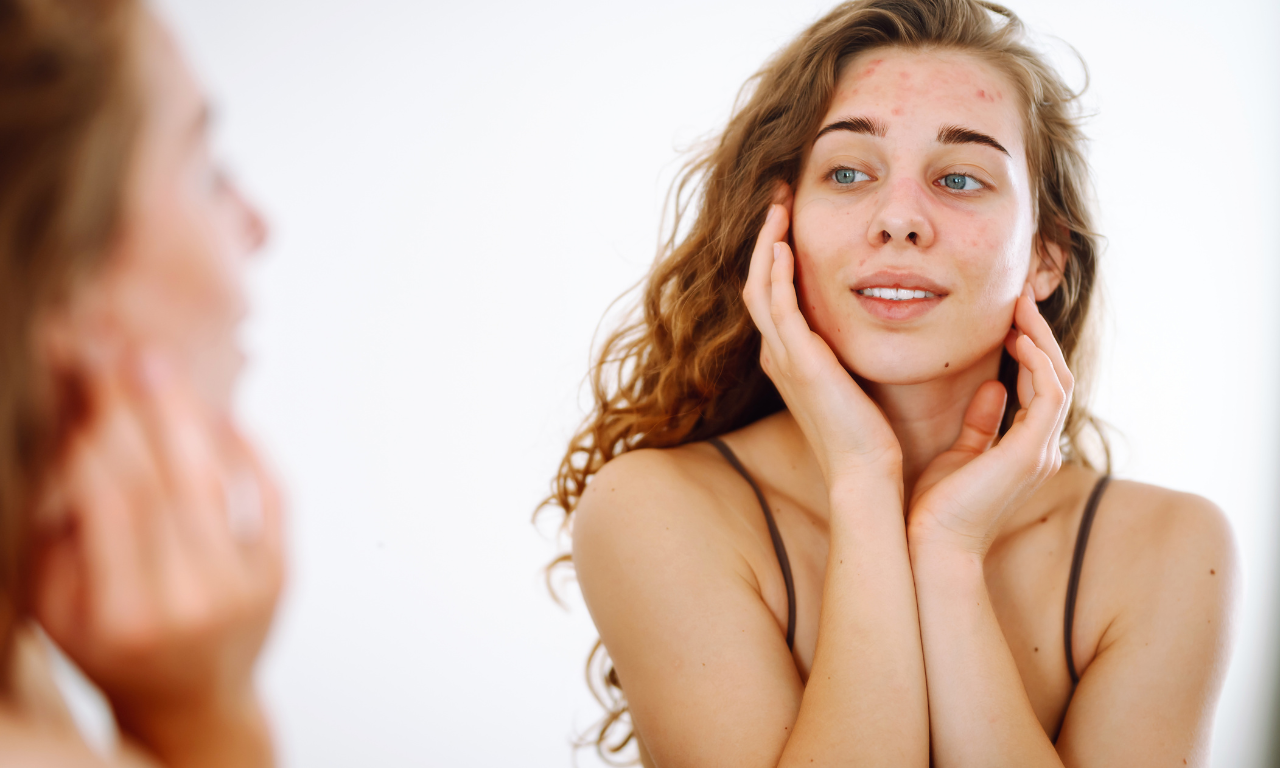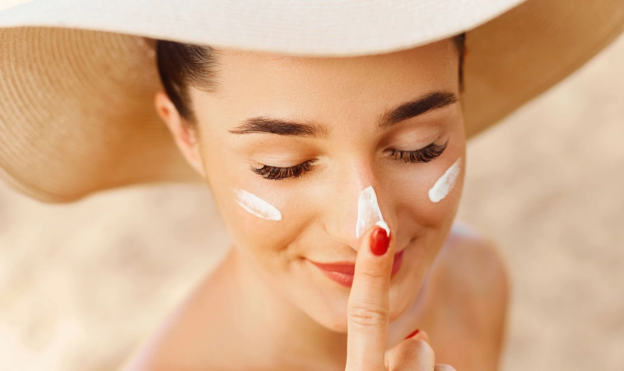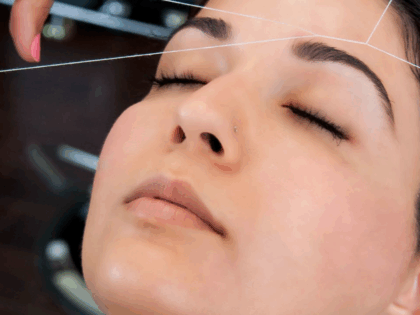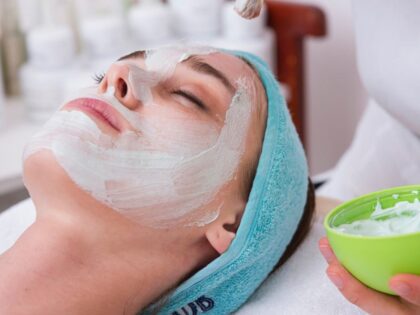What Is Photosensitivity in Skincare? — By Skin Coach Isha Nagrra
-
user
- Posted on
- 0 comments

Have you ever used a new serum or cream and noticed your skin becoming red, itchy, or more tanned even after a few minutes in the sun? That’s not just a bad reaction — it’s photosensitivity.
As a skin coach, I often see people doing everything right for their skin, yet facing unexpected irritation or pigmentation.
The truth is, some active skincare ingredients react with sunlight, making your skin more vulnerable to UV damage. Understanding this helps you choose smarter, safer products — especially if you love your glow and hate tanning!
As a skin coach, I often see people doing everything right for their skin, yet facing unexpected irritation or pigmentation. The truth is, some active skincare ingredients react with sunlight, making your skin more vulnerable to UV damage. Understanding this helps you choose smarter, safer products — especially if you love your glow and hate tanning!
Skin Coach – Isha Nagrra
What Is Photosensitivity?
Photosensitivity means your skin becomes extra sensitive to sunlight after using certain products. It happens when ingredients absorb UV light and cause inflammation, redness, or pigmentation.
There are two main types:
Phototoxic reactions — when an ingredient reacts with UV light and irritates the skin.
Photoallergic reactions — when UV exposure triggers your immune system to overreact.
Even mild sun exposure can lead to rashes, peeling, or dark patches, especially on fair, thin, or sensitive skin types.


Common Photosensitive Ingredients in Skincare
Let’s talk about some popular yet tricky actives that can make your skin sunlight-sensitive if not used wisely.
Retinol (Vitamin A) — one of the most effective anti-aging ingredients, but highly photosensitizing. Always use at night and follow with sunscreen in the morning.
AHAs (Glycolic, Lactic, Mandelic Acid) — exfoliate dead cells beautifully but leave new skin vulnerable to UV rays.
BHAs (Salicylic Acid) — helps acne but can slightly thin the skin barrier, leading to mild UV sensitivity.
Vitamin C (L-Ascorbic Acid) — a powerful antioxidant but unstable under sunlight; best layered with sunscreen or used in stabilized forms.
Kojic Acid — excellent for pigmentation but increases UV sensitivity if overused.
Hydroquinone — a strong melanin inhibitor; must be used strictly under dermatologist supervision.
Benzoyl Peroxide — effective for acne, but can cause peeling and make the skin prone to sunburn.
Essential Oils (like Bergamot, Lemon, Lime) — natural doesn’t always mean safe; some citrus oils are extremely photosensitive.
How to Protect Photosensitive Skin
Always wear a broad-spectrum SPF 50 sunscreen daily, even indoors.
Pair strong actives with barrier-repairing ingredients like panthenol, centella, squalane, or hyaluronic acid.
Use photosensitizing ingredients only at night, and switch to non-UV-sensitizing options for daytime — like niacinamide, alpha arbutin, licorice, and tetrahydrocurcumin.
Never layer too many acids together — balance is the secret to glow!




Beautiful theme. Love it.
Keep update & improve